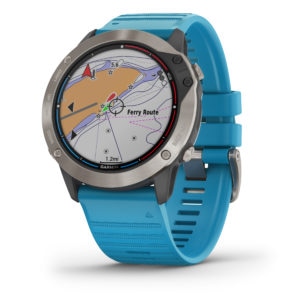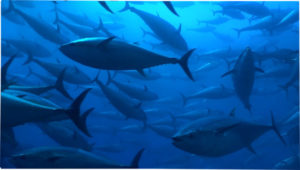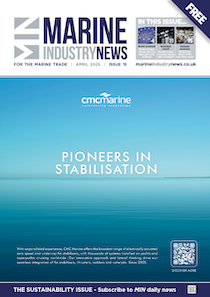SeaBioComp 3D prints bio-polymer fender profile
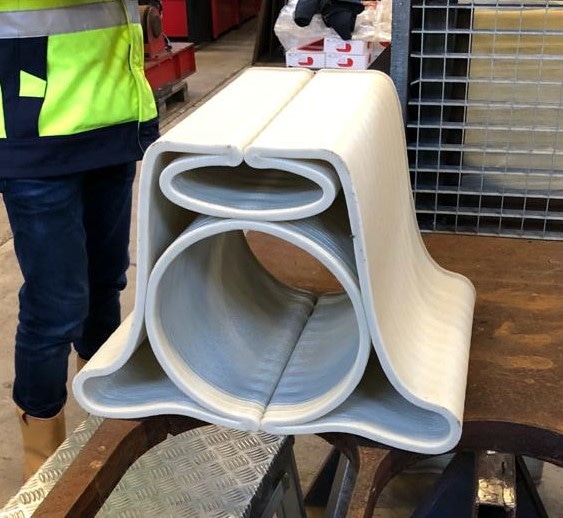
SeaBioComp, a collaborative project developing and producing bio-based thermoplastic composite materials for marine applications, has produced its first 3D printed biopolymer fender profile.
Using 3D printing means products can be made without a mould. This saves the use of material and time and there is no material spillage when a product is produced because no trimming or machining is necessary.
The fender profile was printed on an FDM Printer by Poly Products, a Netherlands based composite production and specialist engineering business, and partner in the SeaBioComp project, in collaboration with De Klerk Waterbouw, a company specialising in the installation of products for the marine environment.
Research into adapting a 3D printer to process biopolymers was provided by the SeaBioComp EU Interreg 2 Seas project.
De Klerk Waterbouw wanted to investigate the design and production of a bio-composite vertical fender profile for the berthing and guiding of ships, in order to replace traditionally used tropical hard woods and synthetic plastics.
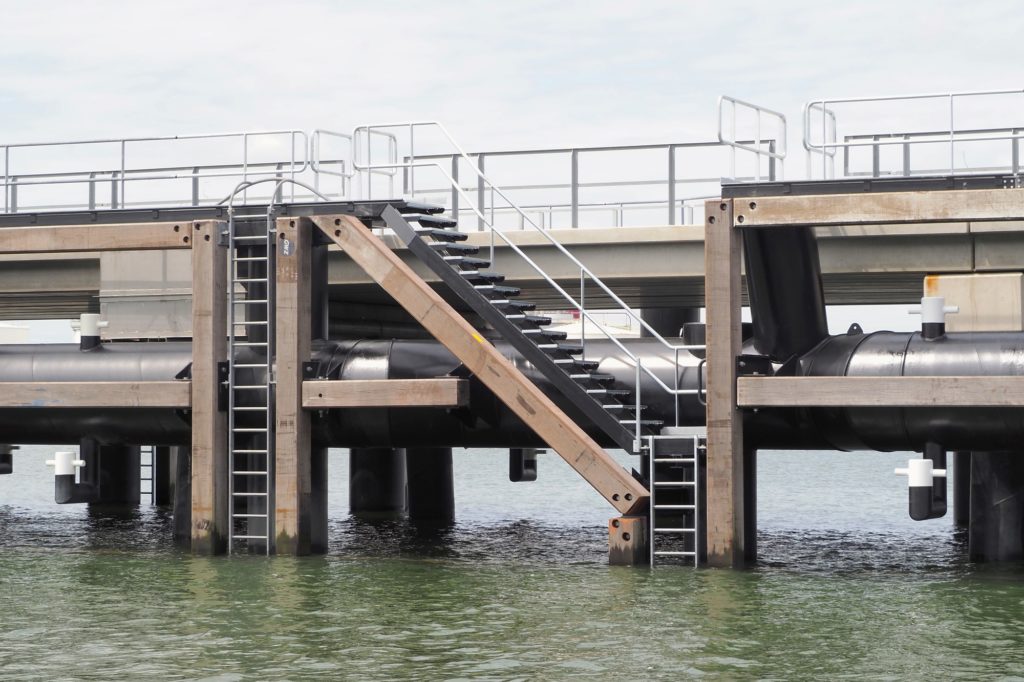
The findings from the material testing led by the University of Portsmouth, and mechanical testing by De Klerk Waterbouw, are said to show very promising results and further optimisation of designs, materials and production may lead to future full-scale production.
“We printed the biobased polymers Thermoplastic Starch (TPS) and Poly Lactic Acid (PLA) on our machine to prove that we can make sustainable products for marine applications,” says Dr Albert ten Busschen, Poly Products. “Together with De Klerk we are now pursuing the development of full-scale fender profiles printed with biopolymers. We have completed mechanical tests and are now planning to print and install a full-scale printed fender profile to see how it works in practise.”
“De Klerk Waterbouw has installed hydraulic engineering structures for over 150 years,” says Ivo van Dalen, technical project leader of De Klerk Waterbouw. “We make large structures in docks and harbours from traditional materials like steel and tropical hardwood. But we are always open to new innovations and feel the responsibility to support a sustainable society. The SeaBioComp project opens possibilities for our company to make developments in that direction. The cooperation with Poly Products is very productive: we have jointly developed new, efficient and biobased fender profiles for berthing structures. With the production of full-scale prototype profiles we will undertake practical tests on the quay at our premises. Both our companies are oriented to develop solutions that are practical and efficient.”


